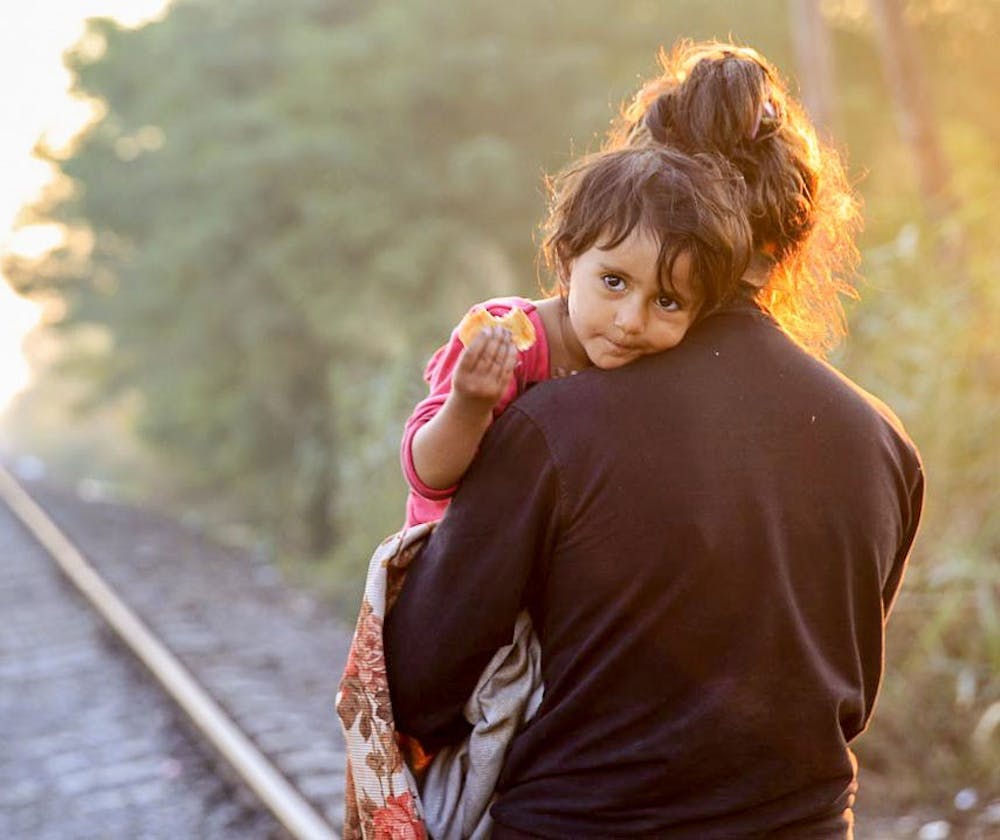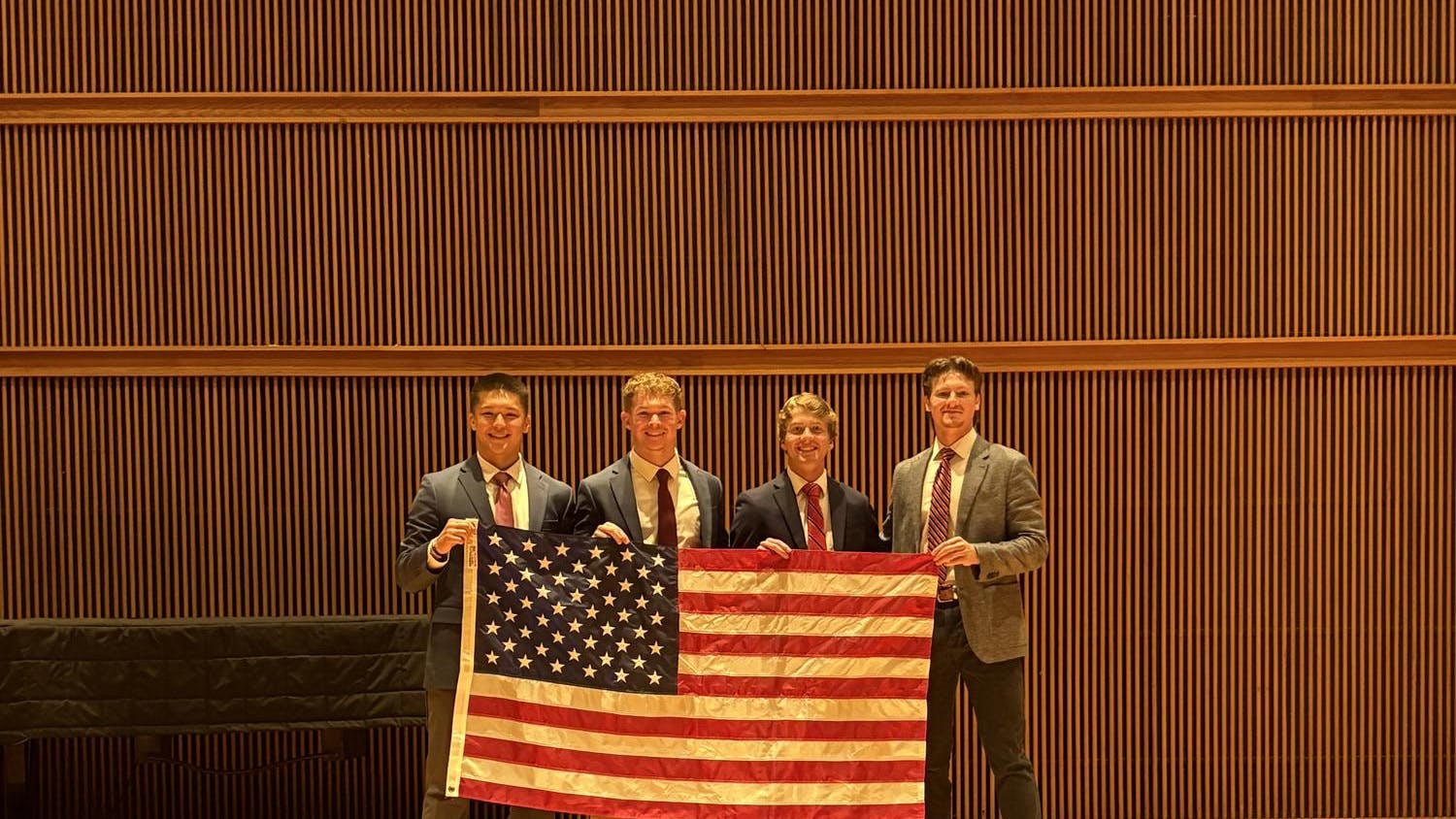By Abigail Lingenhoel | Contributor
A mixture of outrage and hurt swelled in my chest as I read last week's article about the European immigrant crisis. I am from Hungary. Yes, I may be biased in defense of my home, but I'm not outraged just because I am Hungarian. It is because I've yet to give up hoping that the presentation of facts will be accurate. Especially in this faith-based community that I've come to know and love, I hope stories will be honest, not saturated with what Western media would have us know.
There is another side to every story. Our country is small, the people unknown to the rest of the world-and so, when a crisis emerges that has to do with us, it is only the blatantly "unwelcoming" and shocking details that get disclosed. But I can't have my country known for the behavior of a select few within it.
Here are some facts to help balance out those presented in "Seeking Sanctuary." Hungary's population is 10 million. The plan that Germany generously supports is to have 140 thousand migrants relocated to Hungary. That's 1.4 percent of the population. Fun fact: Hungary has been struggling not only politically but also economically in recent years. So, instead of being able to rely on a high GDP and ample land to welcome the immigrants as other European countries can, Hungary has to think about the facts.
Would these immigrants be able to find work? Likely not. Would they be able to support their families? Likely not. Would they find housing? Likely not. Can the country support them? No. Even the immigrants only passing through the country have had to stay in less-than-perfect conditions.
Though Viktor Orban is not the ideal prime minister, he is not wrong in opposing the flood of immigrants into his country. The number of people passing through seems endless and has to be stopped to preserve his country's well-being.
That's where Germany, Austria and other more well-off European countries come in-only it's more complicated than that. The trains have quit running, and the immigrants passing through Hungary on their way to Western Europe have been stopped-why?
Because the EU said so. Because Germany is requiring all immigrants to have the proper paperwork and processing completed before entering the country. That means that the 800 thousand immigrants to whom they have "generously" offered a home can only enter the country in small waves, lest Austria and Germany become "overwhelmed."
So migrants continue to pour into Hungary, five thousand a day, entering more quickly than they leave. Austria and Germany can order the trains to be stopped, but Hungary cannot. They've tried, but Orban's fence will not stop the constant flow.
These conditions are terrible, but here's what the Hungarian people are doing to help: they are at the train stations every day and standing along the roads late at night as the immigrants walk by. The Hungarians give them water, hot coffee, tea and blankets and offer words of encouragement as the migrants continue their journey, not really sure of where they are going. Some Hungarians are opening their homes to immigrant families. Others are raising money to support immigrants financially.
The best part? The money for this help is not coming from the government-it's coming from average Hungarians. They're digging deep in order to be able to give, and churches are learning to work together in order to help in whatever way they can. It is these people's stories that should be reported, not each instance of hatred and unkindness.
The words "unwelcoming," "reluctant" and "anti-refugee" do not fit my country. Nor do the words "generous," "compassionate," "welcoming," "safe" and "open" entirely fit the larger European countries taking action in this crisis. The truth is that every country is flawed, and each country's response to the immigrant crisis is imperfect.
Hungary is not as an anti-refugee country, but an intricate web of humans struggling with their own problems, seeking to understand their place in this crisis, hoping to offer relief as well as sanctuary while trying to be good stewards of their land.





